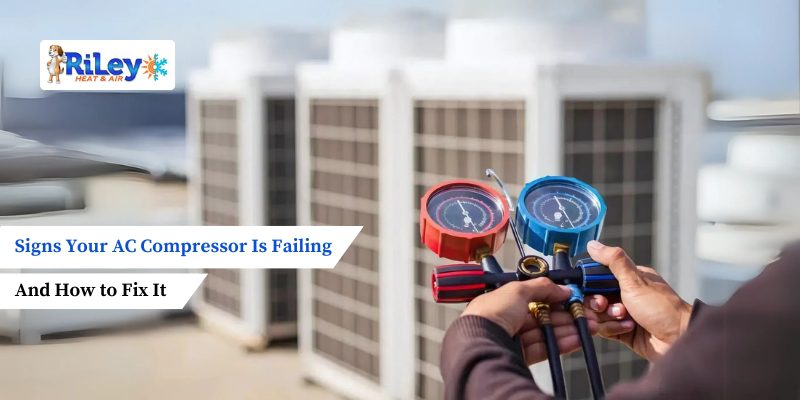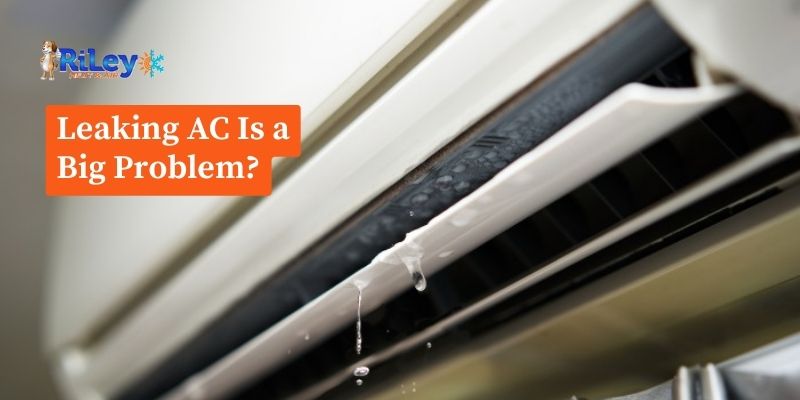
Heat Pump or Furnace: Factors to Consider When Choosing Your Winter Heating System
Evaluating and choosing the best heating system for your home as winter draws near is crucial. Heat pumps and furnaces are two common choices on the market. These two methods each have their advantages and factors to take into account. It is essential to consider several elements that affect the effectiveness, affordability, and comfort offered by these systems to make an informed choice.
This article examines the essential aspects to consider when deciding between a heat pump and a furnace for your winter heating system. You can also contact HVAC experts to help you make an informed decision.
Factors to Consider When Choosing Your Winter Heating System

Here are some essential things to consider to help you decide if you need a heat pump or furnace in your home this winter heating system:
1. Climate and Temperature Range
Your area's environment and temperature range significantly impact a heating system's effectiveness. Heat pumps are known to function effectively in climates where winter temperatures don't often fall below freezing. The way they work is by bringing heat from the outside air inside. A heat pump may, however, find it difficult to deliver enough heat during freezing periods in colder climates. On the other hand, furniture can deliver reliable heat even in chilly winter weather since they are built to withstand lower temperatures.
2. Energy Efficiency
Homeowners who want to reduce their heating expenditures and carbon footprint must consider energy efficiency. Heat pumps are typically more energy-efficient than furnaces since they transfer heat rather than create it from scratch. Heat pumps use less energy than a furnace to generate the same quantity of heat. Remembering that frigid temperatures can reduce a heat pump's effectiveness is essential. A furnace might be a better choice in certain situations.
3. Installation and Ductwork
The infrastructure that is already in place in your home should be taken into account. If your property doesn't have ducting, heat pumps might require it during installation. Heat pumps may require more time and money, especially if ducting needs to be installed or changed. On the other hand, furniture might be a more straightforward choice, particularly if your house already has ducting. However, a ductless mini-split heat pump offers a practical heating solution if your house lacks ducts.
4. Initial Cost and Long-Term Savings
The heating system's initial cost and potential long-term savings are essential factors to consider. Due to the system's intricacy and the installation demands, heat pumps typically have higher upfront costs than furnaces. However, a heat pump's energy efficiency can save you money on heating costs over time. On the other hand, furnace installation is more affordable. Furnaces typically cost less upfront but may have more extraordinary operational expenses over time because they use fossil fuels like natural gas or oil.
5. Maintenance and Lifespan

It's essential to consider aspects like the heating system's estimated lifespan and maintenance requirements. Heat pumps require less maintenance since they have fewer mechanical parts than furnaces. A heat pump can be kept in good operating condition by frequently changing air filters and organizing professional inspections. On the other hand, furnaces need routine maintenance, including cleaning and possibly a heating furnace repair. Both systems have varying life spans, but with regular maintenance, a heat pump installed correctly can last 15 to 20 years, while a furnace can last up to 20 or even 30 years. Proper furnace installation and maintenance are required for your system to serve you for a long time.
6. Heating Capacity
Consider the quantity of heating power your house needs. While furnaces are frequently favored for larger homes or rooms that demand higher heating capacity, heat pumps are typically more suitable for moderate heating. To evaluate which system will effectively meet your heating needs, consider your property's size and insulation.
7. Air Quality
Consider how the heating system may affect indoor air quality if you or any other family members have particular allergies or respiratory conditions. Furnaces can occasionally cause the movement of dust particles and less humid air. However, heat pumps can improve interior air quality by filtering and circulating the air, lowering allergy levels, and preserving humidity levels.
8. Environmental Impact
Examine how each heating system affects the environment. Heat pumps are typically considered more environmentally friendly since they don't require fossil fuels to transfer heat. Your environmental footprint is reduced as a result of their reduction of carbon emissions. Air pollution is caused by furnaces, especially those running on natural gas or oil, causing a higher carbon footprint.
9. Noise Levels
Consider the noise levels produced by the heating system. Heat pumps operate quietly since they do not have a combustion process. On the other hand, furniture may produce noticeable noise due to fuel combustion and the operation of the blower motor. If noise levels are a concern, opt for a heat pump or choose a furnace model known for its quiet operation.
10. Energy Source Availability
Assess the availability and cost of energy sources in your area. Heat pumps rely on electricity, which is generally accessible in most locations. However, the cost of electricity may vary, so consider the long-term financial implications. Various fuels, such as natural gas, oil, or propane, can power furnaces. Evaluate the availability and cost of these fuels in your region.
11. Aesthetic Considerations
Consider the aesthetic factors if the look of the heating system is essential to you. Furnaces are usually hidden in a basement or utility room, while heat pumps frequently have an exterior unit that is visible. When making a choice, consider the effect on the exterior of your house and the available installation area.
Conclusion
Considering these factors, you can make a well-rounded decision that aligns with your heating needs, budget, environmental concerns, and overall comfort requirements. Consulting with HVAC experts can provide further guidance and help you choose the most suitable heating system for your home.
Tags :






